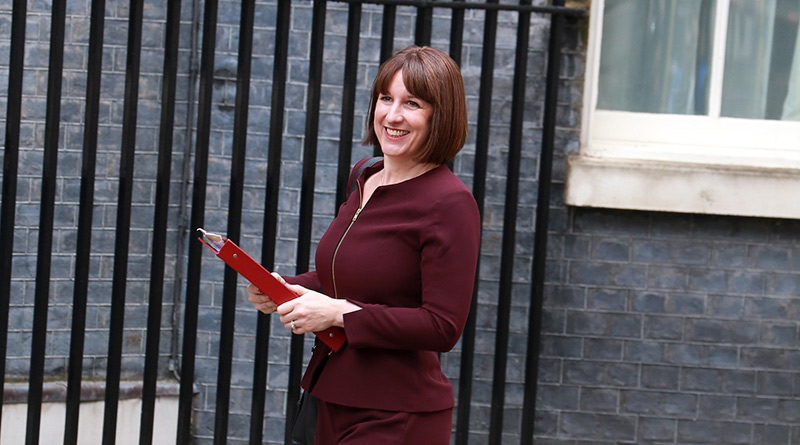Reeves Refuses to Rule Out Further Tax Rises

Chancellor Rachel Reeves has declined to rule out additional tax increases in her forthcoming budget statement, intensifying anxiety across the hospitality and licensed on-trade sector which continues to struggle with the financial burden imposed by her October 2024 fiscal measures.
Speaking ahead of the Autumn Budget, Ms Reeves refused to commit to honouring Labour’s election manifesto pledge not to raise taxes on working people, stating only that she would act in the “national interest” when setting fiscal policy. The statement has prompted immediate backlash from industry leaders who warn that further taxation could prove catastrophic for venues already operating on wafer-thin margins.
The Chancellor’s 2024 Autumn Budget delivered a significant blow to hospitality businesses through a substantial increase in employer National Insurance contributions, rising from 13.8% to 15%, alongside a reduction in the threshold at which employers begin paying the levy from £9,100 to £5,000. Industry analysts estimate these changes alone will cost the sector approximately £3.4 billion annually.
The licensed on-trade has been particularly vocal about the cumulative impact of recent fiscal decisions. With energy costs remaining elevated, food inflation persisting, and consumer spending under pressure, publicans report that the increased employment costs from the 2024 Budget have left many establishments teetering on the brink.
A survey from members of the British Institute of Innkeeping (BII), the British Beer & Pub Association (BBPA), UKHospitality and Hospitality Ulster in the summer revealed that tax rises have forced businesses to dramatically cut their workforce, with 69% of respondents operating at or below 85% of required capacity, and also revealed that 84,000 hospitality jobs have been lost since the 2024 Budget, which imposed an additional annual cost of £3.4 billion on the sector.
In a joint statement, the trade bodies said: “This shocking data reinforces the urgent need for Government to recognise the incredible pressure hospitality businesses have been put under, particularly since April, and illustrates why it should come forward with measures to support this vital sector at the Budget.
“Unsustainable tax increases are squeezing businesses, stifling growth and investment, and threatening local employment, especially for young people.
“It is forcing businesses across the sector to make impossible decisions to cut jobs, put up prices, reduce opening hours and sadly limit the support they desperately want to give their communities.
“Hospitality is united in which measures will reverse this trend and drive growth: a reduction in VAT for hospitality, changes to employer NICs and permanently lower business rates for the sector.
Despite sustained lobbying from hospitality trade associations, the government has so far resisted calls for targeted relief measures. Industry groups have proposed a range of interventions, including a reduced VAT rate for hospitality services, enhanced business rates relief for smaller venues, and a freeze on alcohol duty escalators.
Michael Kill, Chief Executive of the Night Time Industries Association, emphasised the urgent need for government support rather than additional taxation. “The night-time economy contributes £66 billion to the UK economy and supports 1.3 million jobs, yet it continues to be treated as a revenue source rather than a sector requiring strategic support. The Chancellor needs to recognise that these businesses are economic and social anchors in communities across the country.”
The Chancellor’s refusal to rule out tax rises has also attracted criticism from within Westminster, with some backbench Labour MPs from constituencies with significant hospitality sectors expressing private concern about the potential electoral implications of further burdening small businesses.
